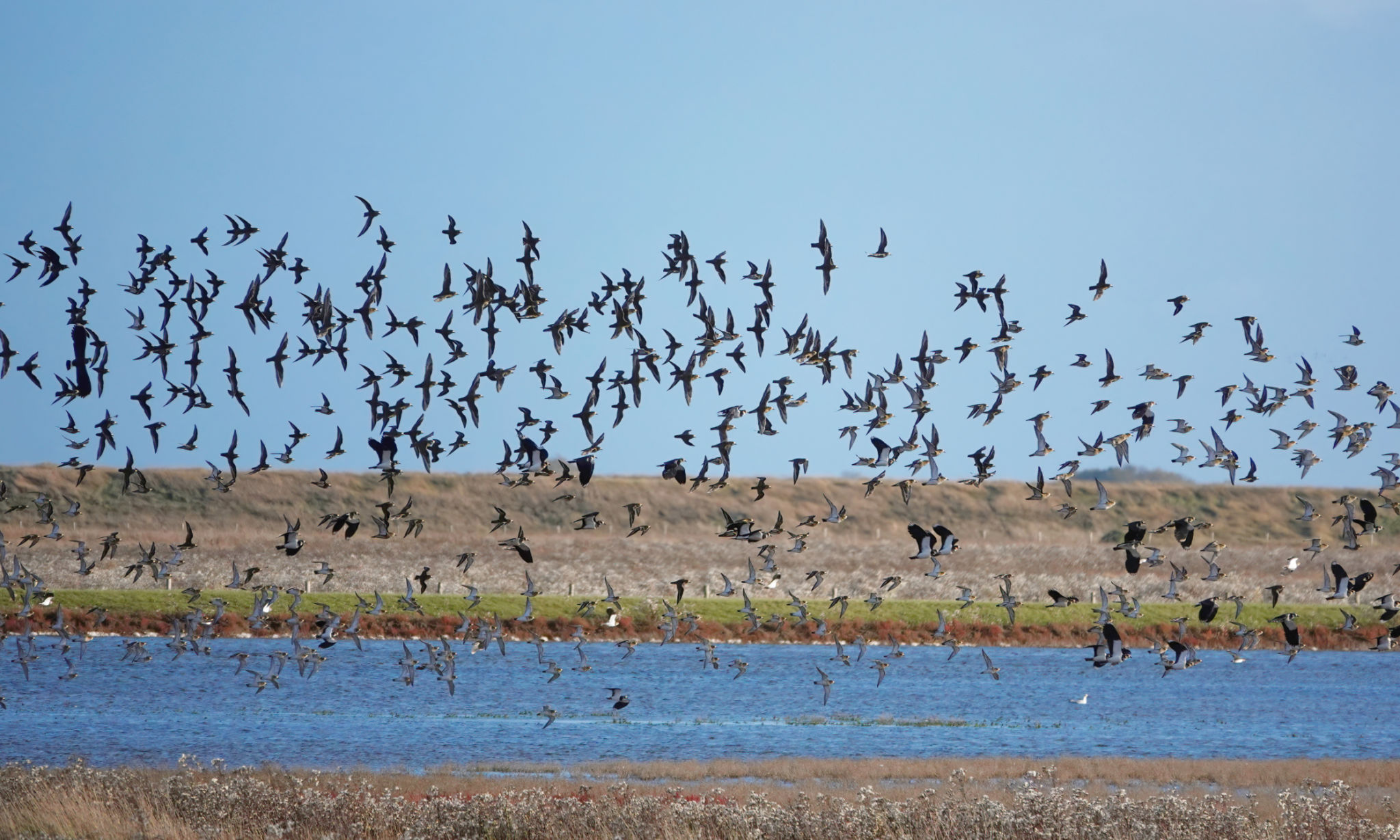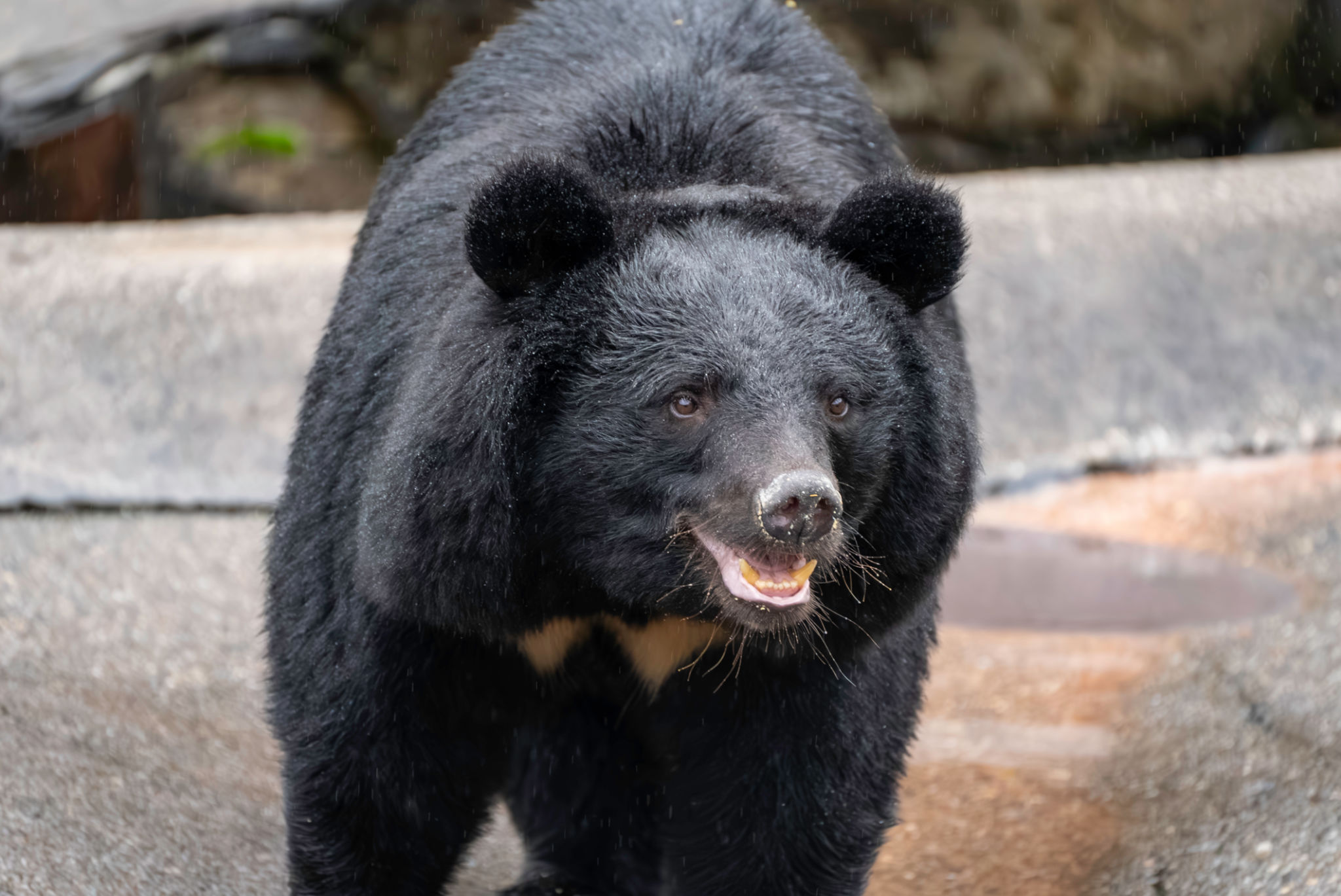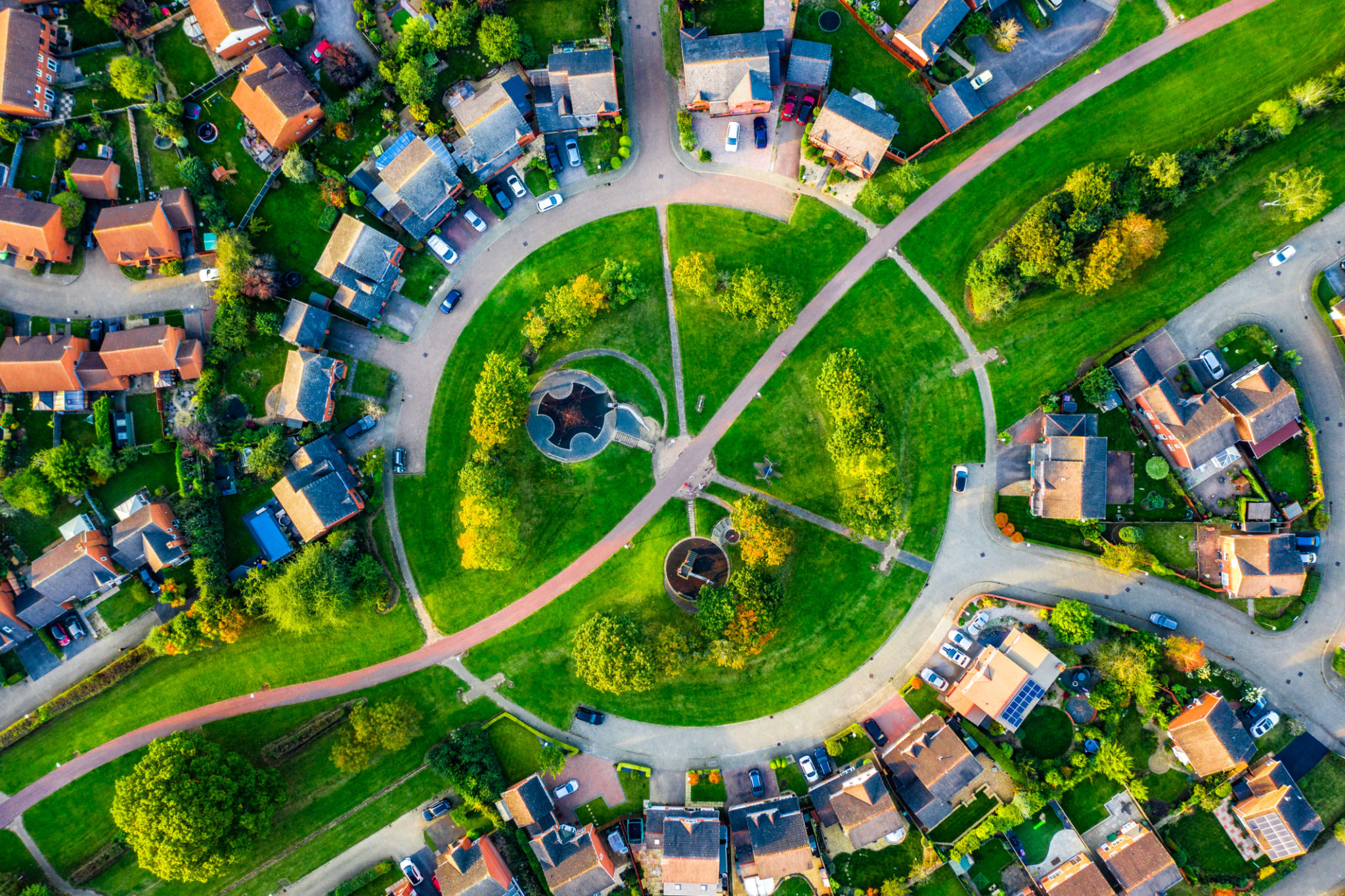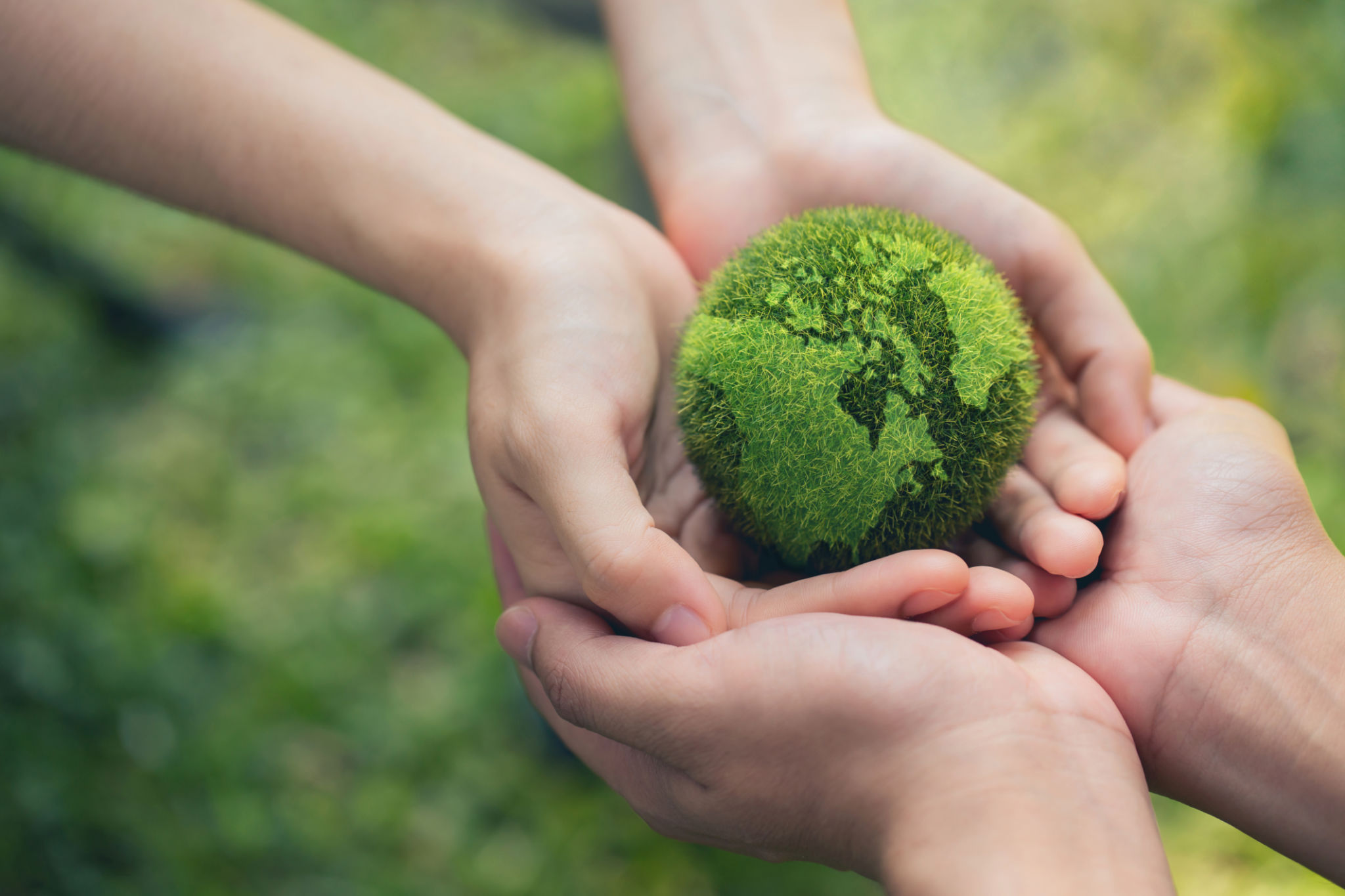Why Wildlife Conservation Matters: Real Stories and Successes
The Importance of Wildlife Conservation
Wildlife conservation is more than just preserving picturesque landscapes or protecting charismatic animals. It is about maintaining the balance of our ecosystems, which directly impacts human survival and well-being. Healthy ecosystems provide essential services such as clean air, water, and fertile soil for agriculture. When we conserve wildlife, we safeguard these critical resources for future generations.
Unfortunately, many species are on the brink of extinction due to human activities such as deforestation, pollution, and climate change. This loss of biodiversity can lead to catastrophic consequences that ripple through ecosystems, affecting all life forms, including humans. Therefore, wildlife conservation is crucial for sustaining the planet's health and our own.

Real Stories of Conservation Success
Despite the challenges, there have been numerous success stories in wildlife conservation, proving that dedicated efforts can make a significant impact. One inspirational example is the recovery of the American bald eagle. Once on the verge of extinction due to habitat destruction and the effects of DDT pesticide, these majestic birds have made a remarkable comeback. Thanks to legal protection and conservation initiatives, their numbers have rebounded.
Another success story is the preservation of the black-footed ferret in North America. Declared extinct in the wild in 1987, a small population was discovered and bred in captivity. Reintroduction efforts have seen these ferrets reestablish themselves in their natural habitats, demonstrating how targeted conservation strategies can revive a species from the brink.

Community Involvement: A Key to Success
Community involvement plays a pivotal role in successful wildlife conservation. Local communities often hold valuable knowledge about their environments and can be instrumental in implementing conservation strategies. For instance, in Kenya, community-led conservancies have significantly contributed to protecting the African elephant and other wildlife by integrating traditional practices with modern conservation techniques.
By engaging local communities, conservation projects not only protect wildlife but also improve livelihoods through ecotourism and sustainable resource management. This approach fosters a sense of ownership and responsibility towards preserving natural habitats and wildlife.

The Global Impact of Wildlife Conservation
The benefits of wildlife conservation extend beyond national borders. Healthy ecosystems are vital for combating climate change as forests and oceans act as carbon sinks. Protecting wildlife habitats can reduce greenhouse gas emissions and help mitigate climate change impacts. Furthermore, conserving biodiversity helps maintain genetic diversity, which is essential for agriculture and medicine.
International cooperation is crucial for tackling global challenges such as illegal wildlife trade and habitat destruction. Countries around the world have come together under agreements like the Convention on International Trade in Endangered Species (CITES) to regulate and protect endangered species globally.

How You Can Make a Difference
Everyone has a role to play in wildlife conservation. Simple actions like reducing plastic use, supporting sustainable products, and advocating for environmental policies can make a difference. Educating others about the importance of biodiversity and supporting conservation organizations can amplify efforts to protect wildlife.
Volunteering with local conservation projects or participating in citizen science initiatives can also contribute to preserving biodiversity. By taking action today, we can ensure that future generations inherit a healthier planet teeming with diverse life forms.
In conclusion, wildlife conservation matters not just for the sake of animals but for the survival and well-being of humanity itself. Through real stories and successes, we see that our efforts can create positive change. It's time to prioritize conservation for a sustainable future.